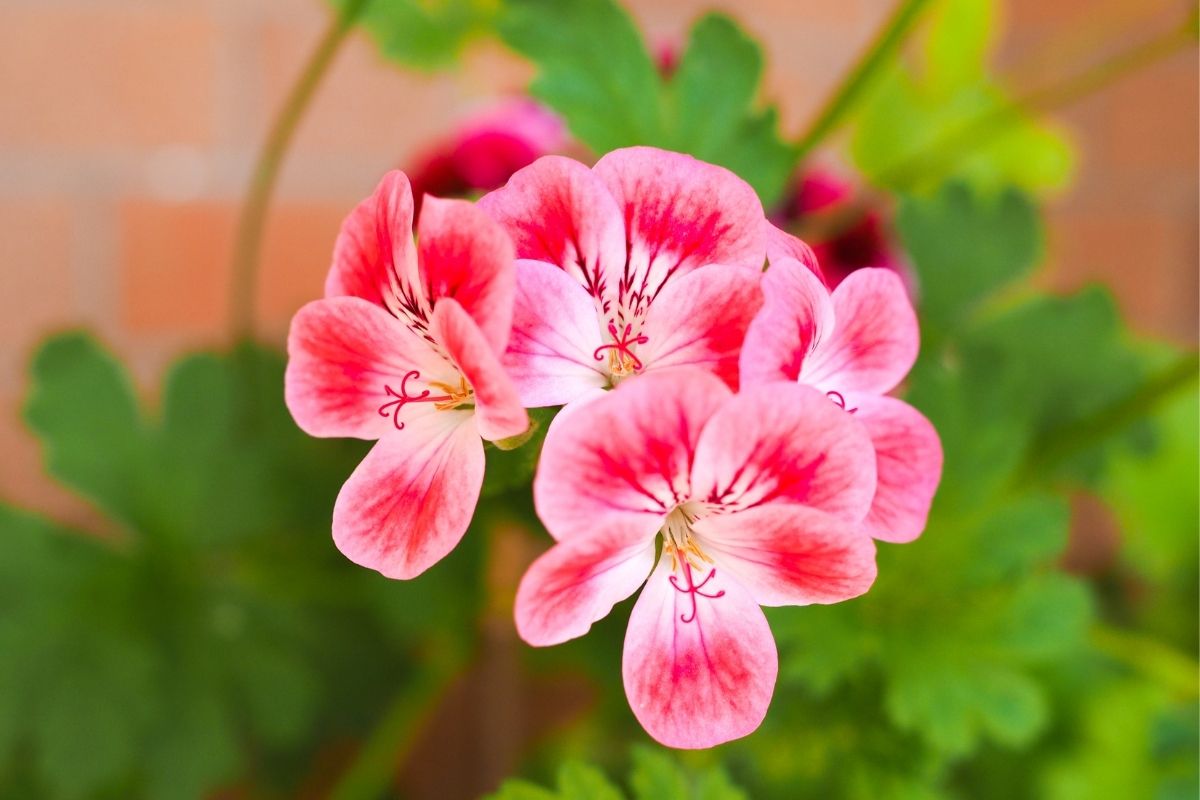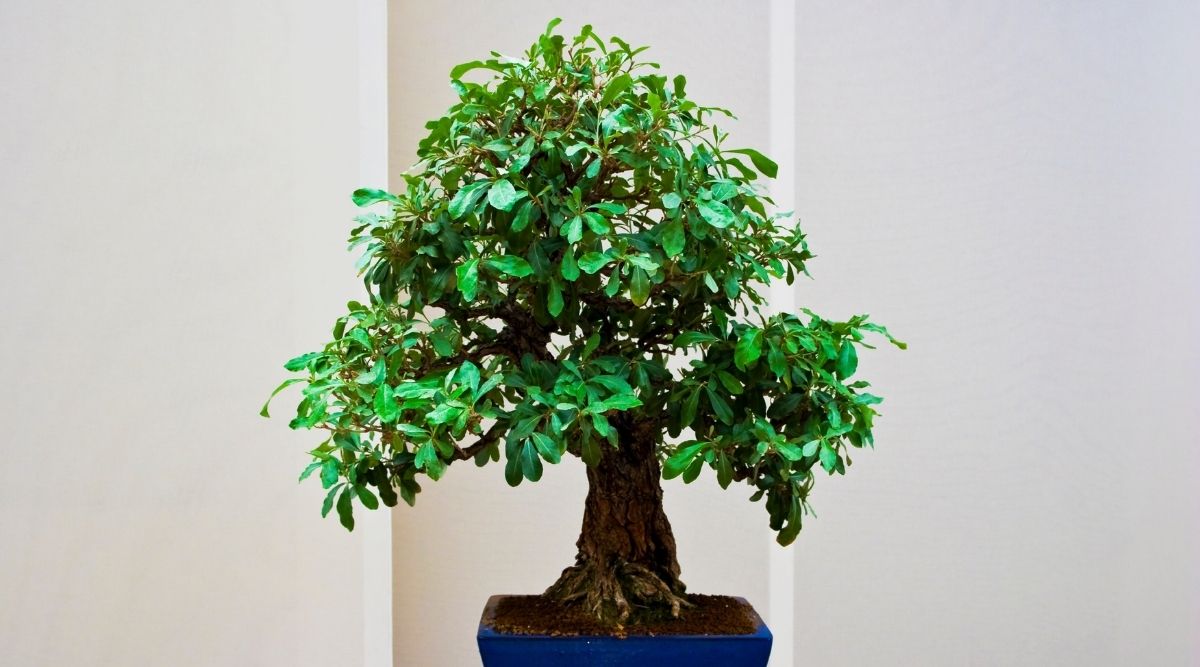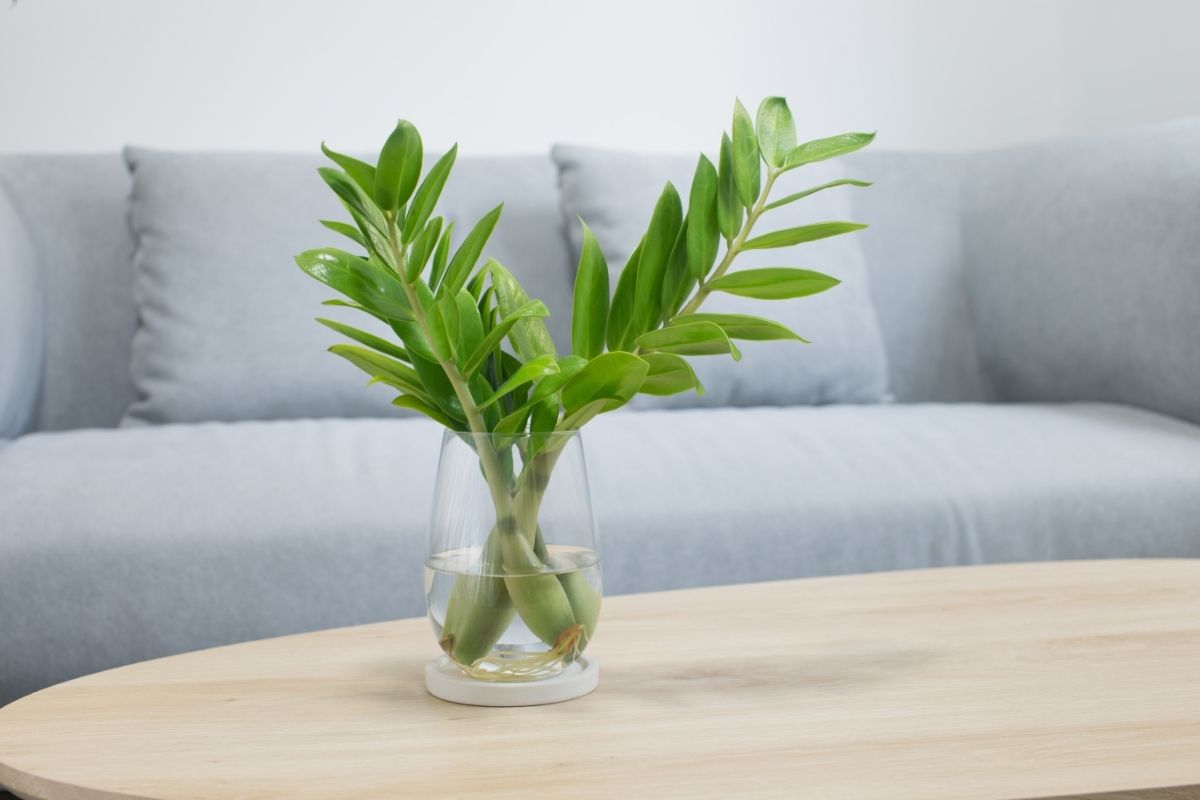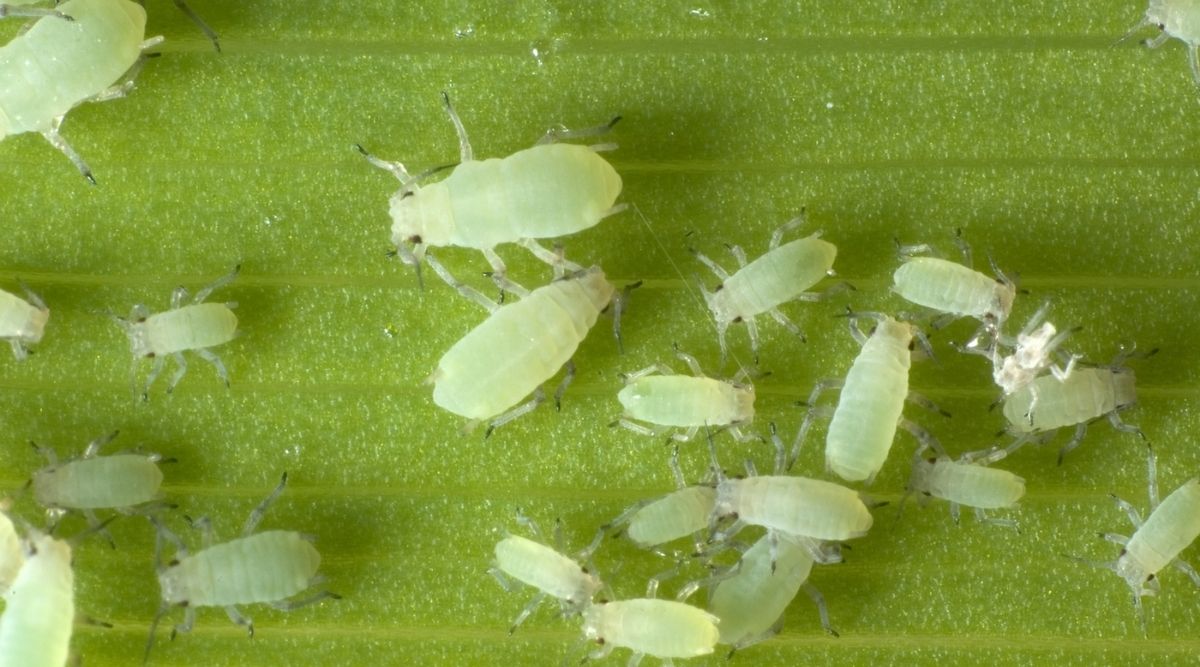Begonias are beautiful vibrant flowers that come in a variety of colors and styles. They are incredibly popular amongst gardeners, however, they also happen to be toxic to cats and other animals and can have devastating effects if ingested.

In this article, we’ll take a look at the effect these beautiful blooms can have on your furry friends, and what you can do to prevent any harmful incidents from occurring.
If you’re both a keen gardener and lover of pets, read on to find out how you can pack your garden with your favorite plants, while putting your pet’s safety first.
What Is A Begonia?
Begonias are flowers that grow during the spring months and are native to South America. Thanks to the vibrant colors of this flower, it is popular across the world and can often be seen decorating gardens, hanging baskets, and parks.
Ranging in color from pink, red, white, orange, and yellow, these flowers tend to be large but can vary in both shape and size depending on the variety.
Some of the most popular varieties include Begonia Odorata, Begonia Fimbriata, Tuberous Begonias, and also Cascading Begonias. Some have single blossoms, some have double blossoms, and there are even varieties with clusters of multiple blossoms.
They are fairly easy to care for and these petal-packed blooms are real show-stoppers when mixed in with other garden favorites or placed in containers on their own.
Thanks to their incredibly alluring appearance, begonias are a favorite with cats who enjoy both the look and taste of this flower. They are eye-catching and sweet, but if your cat develops a taste for them, it may be in trouble.
Why Are Begonias Poisonous To Cats?
The most toxic part of the begonia plant is the root, however, the flower’s juices and sap also contain small amounts of microscopic poison that can still affect your cat.
The roots of a begonia contain large quantities of oxalate and when this is ingested, the oxalate crystals tend to embed themselves in tissue. This alone can irritate, but these crystals will eventually break down into oxalic acid which is considered a potent irritant.
If your cat has oxalic acid in its body, it will feel a high level of discomfort. To try and prevent any further irritation and damage to its digestive tract, the cat’s instinct will be to vomit. This is the body’s way of trying to dilute the oxalic acid with saliva.
If the oxalic acid makes its way into the cat’s bloodstream, it will be taken to the liver. When it reaches this point, it becomes extremely dangerous.
The quantity of oxalic acid that reaches the liver can have a devastating effect on the cat and can easily cause liver failure. If this happens, it may lead to serious illness, and in some instances, depending on the health of the cat, it can be fatal.
The faster you notice the symptoms of begonia poisoning, the quicker you can seek treatment. Let’s take a look at the symptoms you should keep an eye out for.
Symptoms Of Begonia Poisoning
If you notice any of the following symptoms in your cat, you should immediately call your vet who will be able to assist you further and provide you with medical treatment.
- Excessive salivation
- Oral sores
- Redness around the mouth
- Swelling of the mouth and tongue
- Licking the lips and grimacing
- Vomiting
- Dehydration
- Inability to swallow
- Refusal of food and water
Diagnosis Of Begonia Poisoning In Cats

Your vet can easily determine if your cat is suffering from begonia poisoning from the symptoms it’s showing, blood test results, and a physical examination.
With so many cats enjoying the beauty and taste of flowers in their owner’s gardens, your vet will most definitely have dealt with this scenario before and will know exactly how to care for your cat.
It’s also important to mention to your vet as soon as possible whether you have begonias in your garden. They may question which part of the plant your cat ate and how much, so try and gather as much information as possible as soon as your cat shows symptoms.
Treatment Of Begonia Poisoning In Cats
Most cases of begonia poisoning will clear up within forty-eight hours. However, if your cat has eaten a lot of begonias and is suffering, your vet will provide medication and a diet to follow which will help dislodge any oxalate crystals that may still be in its digestive system.
Your vet may also prescribe anti-inflammatories to ease any swelling in the throat and help your cat breathe easier.
Depending on whether on not your cat’s stomach lining has been damaged, your vet may provide additional drugs and may also administer fluid therapy to help speed up your cat’s recovery and prevent further dehydration from occurring.
Flowers That Are Safe For Cats
If your cat is a curious creature and enjoys exploring the garden, you may want to invest in some non-toxic plants to fill your garden with. That way your cat is free to roam around its outdoor space without coming into contact with any harmful plants and flowers.
Non-toxic flowers for cats:
- Alstroemeria
- Asters
- Freesia
- Gerber Daisies
- Liatris
- Lisianthus
- Orchid
- Roses
- Snapdragon
- Statice
- Sunflowers
- Wax Flower (Madagascar Jasmine)
Flowers To Avoid
The following flowers are extremely toxic for cats, including water from a vase they may be put in. If you own a cat, it’s best to avoid having these flowers around the house and garden to provide a safe environment for your pet.
- Crocus autumn
- Day lily
- Foxglove
- Fritillary
- Gloriosa superba
- Juniper berries
- Lily (all lilies)
- Lily of the valley
- Nerium oleander
- Ornithogalum umbellatum
- Vinca minor
- Water hemlock
- Yew
Many other plants and flowers can also cause skin irritation for cats, so before decorating your space with your favorite greenery, it’s always best to first check the effect they may have on your pet.
Final Thoughts
Even though begonias are beautiful flowers to have around the home and garden, knowing the effect they can have on your pet should make you consider other, safer options of plants to decorate your space with.
As cats are naturally curious creatures who enjoy climbing, digging, and exploring, even keeping these plants inside a greenhouse, or up high in a hanging basket, won’t prevent your cat from hunting them down and wondering just how tasty they are.
By filling your home with toxic-free plants and flowers, you can relax knowing that your cat is free to wander and play without anything or any flower standing in its way.
- Best Hanging Plant For Low Light - September 4, 2023
- Best Indoor Plants Florida - August 28, 2023
- Best Plants For Bathroom Smells - August 21, 2023








